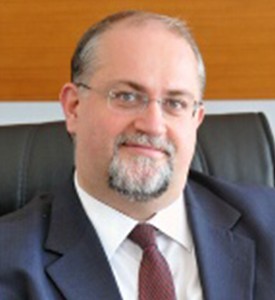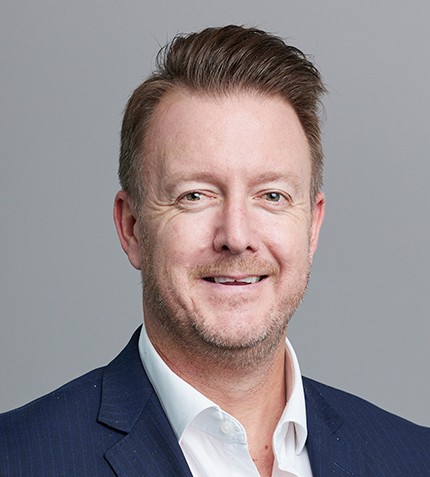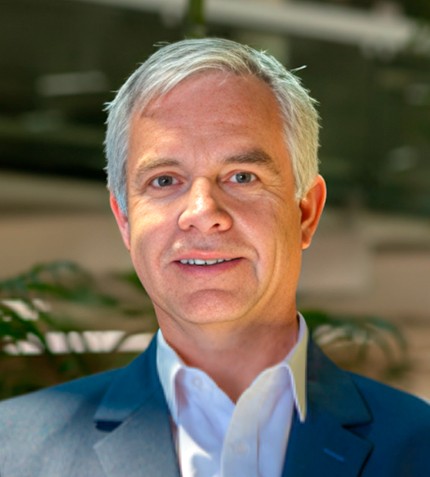
“The reality is that Turkey’s geographical position is not an enviable one. Many people talk about the advantages of Turkey’s location as a bridge between civilizations, and of course this is an asset, but nonetheless this location also puts Turkey in a delicate situation.”
Dr. Yormaz Ismail
MANAGING DIRECTOR, RECORDATI İLAÇ SAN. VE TİC. A.Ş.
Recordati made important acquisitions in recent years. How do these acquisitions underscore the company’s strategy in different therapies?
Last year, Recordati completed the acquisition of Natural Point in Italy, an entity dedicated to food supplements. In addition, Recordati also bought French Tonipharm, increasing its portfolio in OTC drugs. Besides these examples of inorganic growth, Recordati is actively expanding its portfolio through buying marketing rights for different products, especially in the treatment of rare diseases, a segment in which Recordati is recognized as a worldwide leader. In the first half of 2019, Recordati acquired the exclusive licensing for Juxtapid in Japan, as well as the global rights for Signifor and Signifor LAR from Novartis. One of Recordati's strongest areas of operation is in orphan drug acquisition initiatives; while specialty and primary care divisions together with the OTC business are important segments, Recordati remains mostly intertwined with orphan drugs in the treatment of rare diseases, for which we boast a presence on all continents.
Keeping in mind the tumultuous periods that the Turkish pharmaceutical industry has experienced over the years, especially between 2009-2014, how would you describe the industry in Turkey today?
Political tensions increased in Turkey in 2016, along with a set of other issues that hit the economy hard. Today, Turkey continues to be a significant economic player, especially in comparison to its immediate neighbors, but the reality is that Turkey’s geographical position is not an enviable one. Many people talk about the advantages of Turkey’s location as a bridge between civilizations, and of course this is an asset, but nonetheless this location also puts Turkey in a delicate situation. Its proximity with Russia, the Middle East, Europe and Africa creates tensions that surpass the pharmaceutical discussion, but which nonetheless impact our industry. I maintain my position that the years between 2009 and 2014 were the worst for the pharmaceutical market in Turkey. The structural negative effects of the pricing regulations is still felt in the market today, and this makes sustainability more challenging for the Turkish pharmaceutical industry. Nonetheless, the Turkish pharmaceutical industry continues to assert its global presence, despite being heavily burdened by the fluctuating price regulations in its local environment.
Can you describe the mechanisms that Turkish pharmaceutical players have developed to respond to price pressures?
In the current context, a drug sold for €10 (in the cheapest EU country) will be valued at approximately €2.97 as a reimbursed product in Turkey, based on the official exchange rates and the National Health Count System Discounts. This system puts immense pressure on the pharmaceutical industry, whose ability to innovate and make investments is curtailed. However, pharma players have evolved; these pressures have compelled the industry to innovate and create cheaper and more affordable products. The affordability of Turkish drugs is very attractive to neighboring markets who struggle with their own economic challenges. The pharmaceutical industry of Turkey has earned the designation of a producer of both high quality and affordable drugs.
What main pillars has Recordati Turkey identified to underpin its growth?
Recordati is currently producing more than 96% of all its Turkish-consumed products in facilities based in Turkey, which makes us a globally recognized organization well attuned to the localization policy. Recordati is launching new products and aiming to increase its presence in delivering better healthcare solutions to customers. In the last three years, we have launched nine new pharmaceutical products, four of which are new chemical entities while the remaining five are different formulations from existing chemical entities. Recordati’s Çerkezköy facility is also in the process of obtaining its GMP certifications from different countries for future export possibilities. Besides the Turkish MOH GMP-Approved Certification, Recordati also obtained its EU Certification for their semi-solid products from the Danish Governmental Authority. In addition, our facility received the GMP approvals from the authorities of Azerbaijan, Kenya and Libya. Recordati's submission to the Russian authorities is ongoing, and we are hoping for news at the beginning of next year.
In terms of therapeutic emphasis, Recordati is focused on two main areas. In Turkey, Recordati is perhaps the biggest in the urology department by number of prescriptions. Recordati also plays an important role in cardiology, and we are seeking to increase our presence in gastroenterology. Because OTC medicines are not regulated in Turkey, Recordati plans to launch a cough-relieving prescription product for which we are developing a tablet form, poised to launch next year.










